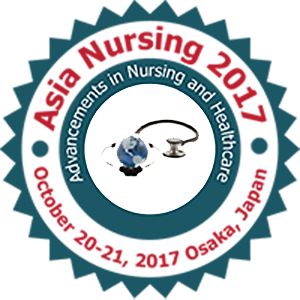
Carmen WH Chan
The Chinese University of Hong Kong, Hong Kong
Title: Far-reaching impacts on promoting advance directive to citizens, clinicians and clients
Biography
Biography: Carmen WH Chan
Abstract
The use of advance directives has been advocated in Western countries for over 20 years. In America, it is mandatory to ask admitted patients if they have advance directives under the Patient Self-Determination Act since 1991. In Hong Kong, little has been done about promoting advance directive in the health care context. Patients, family members and sometimes health care professionals still refrain from discussing dying and advance directives.
Aim: The aim of this knowledge transfer project was to promote public awareness and appreciation of the benefits of advance directive.
Methods: Phase one of the project included 8 road-shows to disseminate the philosophy and advertise the services available as regards to advance directive to 2800 citizens in the community in Hong Kong. Participants were given sets of the promotional materials (pamphlet and VCD) and completed a brief counselling and survey. Phase two of the project involved a 2-day training workshop for 58 home care nurses and doctors on advance care planning and advance directives. The projects was evaluated by a pre-test post-test design in 108 clients under the care of these 58 health care professionals. Their understanding and active participation in a written advance director was increased. Family members reported improved scores in a family satisfaction scale and the hospital readmission rate was also improved. The study also stimulate public debate on a legislative form of advance directive in newspaper, forum, and hospital authority committee.
Conclusion: The project has increased the community’s awareness of, and interest in, the available right of advance directive when a person is facing a life-limiting disease and encourage more openness in preparing for a good death

